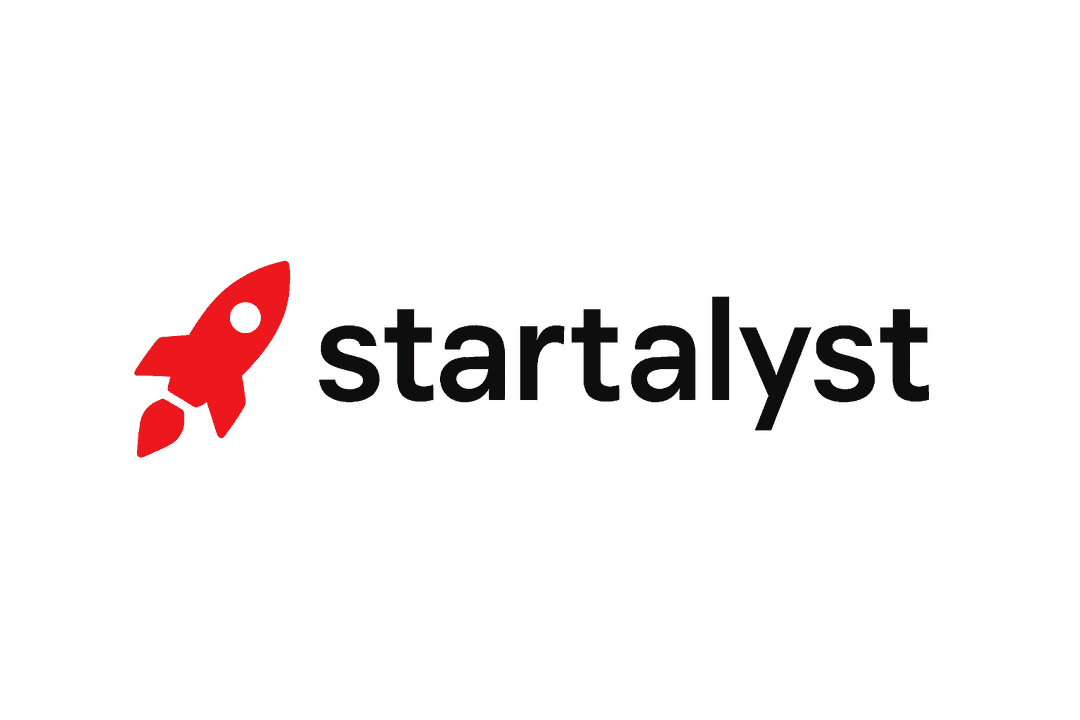Business Ideas For College Students Starter Guide
How to Get the Best Results
Start by thinking like a small, campus-focused business owner: pick one clear service or product that solves a daily student pain point and test it in one dorm or student group. Small experiments produce fast feedback and low risk, which is perfect for business ideas for college students.
Use your class schedule and campus calendar as constraints, then build around them. Align offerings with residence halls, clubs, or professors who can introduce you to customers, and iterate after the first week of sales or signups.
Step 1 — Who are you?
Choose the background that most closely matches your day-to-day strengths; each option below pairs a student background with a single skill that can turn into a campus business advantage.
- Marketing major with campus club contacts — social media — You can quickly sell event promotion and paid campus campaigns to clubs.
- Computer science student who builds tools — coding — You can create scheduling or ordering tools tailored to student life and charge subscription fees.
- Art student who designs posters and merch — graphic design — You can produce club logos, poster sets, and small-run apparel for organizations.
- Education major who tutors regularly — teaching — You can assemble subject-specific tutoring packages and manage small group sessions for a premium.
- Culinary enthusiast who cooks in a shared kitchen — food prep — You can sell late-night meal boxes or study snacks to dorm floors.
- Business student with a weekend car — logistics — You can run a micro-delivery service for students and local shops.
- Journalism student who writes quickly — writing — You can produce resumes, application essays, and club newsletters for pay.
Step 2 — Add interests & skills
List the interests and practical skills you enjoy using; each one below maps directly to concrete business ideas for college students.
- Graphic design You can design social posts and posters that student groups will pay for to fill events faster.
- Social media You can run account takeovers and targeted promotions for dorm events to boost attendance.
- Photography You can offer headshots and event photo packages that students use for LinkedIn and club pages.
- Tutoring You can run peer-led study sessions that scale by recruiting other high-performing students.
- Writing You can proofread and craft application essays, charging per draft or by the hour.
- Coding You can build campus-specific apps like textbook swap boards or study-group matchers and sell access to clubs.
- Event planning You can coordinate small recurring socials or pop-up markets and split ticket revenue with vendors.
- Cooking You can prepare themed meal kits for study nights and deliver within walking distance of dorms.
- Video editing You can create highlight reels for clubs and athletes that drive sponsorship interest.
- Data analysis You can help student organizations track membership and optimize recruitment with simple dashboards.
- Sales You can pitch sponsorships to local businesses for club events and keep a commission on closed deals.
- Language skills You can offer conversational lessons or translation services to international students and charge hourly rates.
Step 3 — Set available capital
Decide how much cash you can invest now; different budget levels lead to different launch paths for business ideas for college students.
- ≤$200 Focus on low-overhead services like tutoring, writing, or social media management that need little to no inventory.
- $200–$1000 Buy initial supplies for small-batch products or basic equipment like a portable printer, camera, or food containers to scale orders.
- $1000+ Invest in a polished website, paid ads, or inventory for a branded product line that you can sell across campus and online.
Step 4 — Choose weekly hours
Pick a realistic weekly time commitment so your business fits around classes and exams.
- 5–10 hrs/week Choose passive or appointment-based services like editing and tutoring that you can schedule between classes.
- 10–20 hrs/week Take on event coordination or meal prep that requires set-up and delivery during evenings and weekends.
- 20+ hrs/week Build a scalable side business such as an e-commerce store or subscription box that needs regular marketing and order fulfillment.
Interpreting your results
- Match the strongest combinations of background, skill, budget, and time to a simple testable offer. The best early ideas are narrow and measurable: one product, one audience, one price point.
- Run a one-week pilot with minimal setup: post a flyer, list a service in a campus group, or pre-sell ten units. Track signups, conversion rate, and customer feedback rather than chasing perfect branding.
- Use campus resources like entrepreneurship centers, student activity offices, and professor networks to validate demand and find early partners. They often provide free marketing channels and small grants.
- After the pilot, decide whether to iterate, scale, or stop. Iterate by changing price, delivery time, or the sales channel; scale by automating tasks and recruiting teammates.
- Keep accounting simple: record income and expenses in a shared spreadsheet weekly so you can see real profit per hour and make data-driven choices.
Use the generator above to mix and match your background, interests, budget, and hours until you land on a practical, testable idea that fits your semester rhythm and campus needs.
